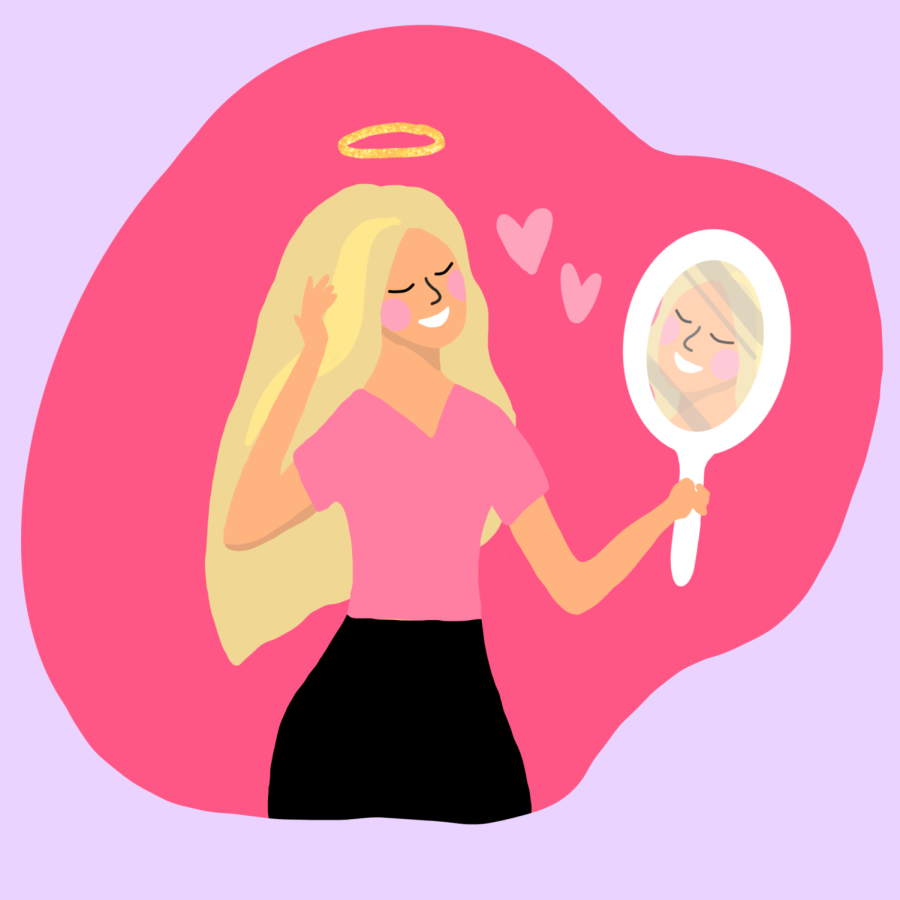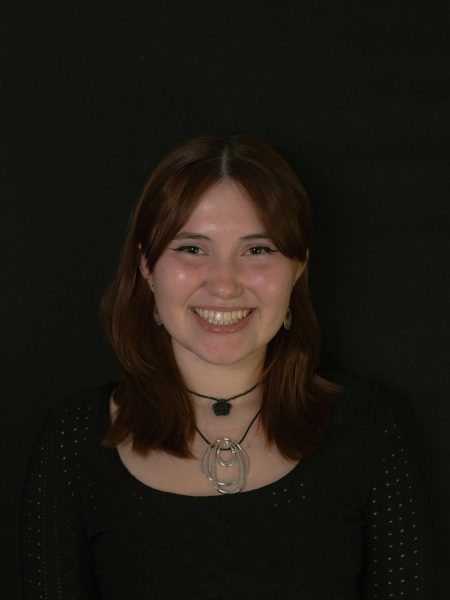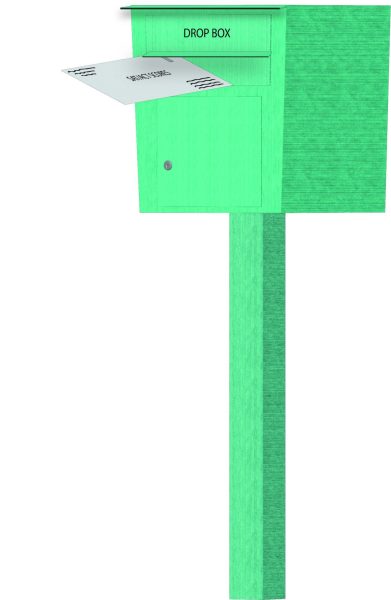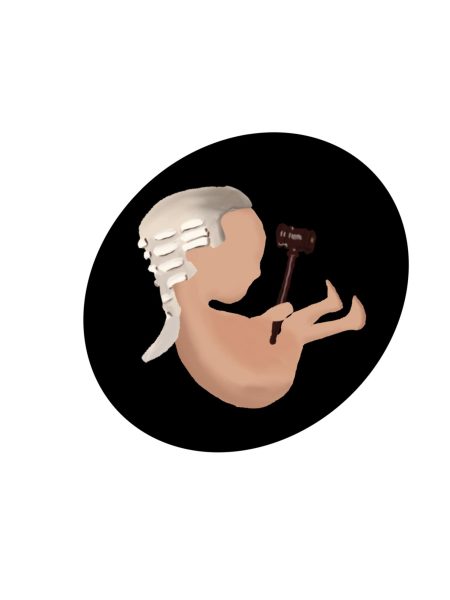The ugly side of ‘pretty privilege’
March 22, 2022
“Pretty privilege” is the idea that individuals who are deemed conventionally attractive experience an upper hand in most aspects of life. The majority of those experiencing these privileges are individuals with eurocentric features, who have long been praised by society for their beauty and prestige. Those on the receiving end of pretty privilege can receive bias in aspects such as work, school and even as far as lesser sentences for the same crimes.
This privilege has been brought to light due to trending TikTok stories with views surpassing 168 million. In these videos, men and women share their experiences with the privilege they gain from being attractive. The prompt, “tell me you have pretty privilege without telling me you have pretty privilege,” has created a space for thousands of users to convey items and privileges given to them just for the sake of being attractive. Many women recount the difference in their treatment by others before and after their weight loss and “glow ups.” One creator brought up the point that “all the things that you used to like that made you ‘weird,’ suddenly make you more attractive.”
This phenomenon can be traced to psychological studies known as the halo effect. “The halo effect, also referred to as the halo error, is a type of cognitive bias whereby our perception of someone is positively influenced by our opinions of that person’s other related traits.” In other words, the attractiveness of an individual is positively associated with other desirable traits. Attractive people are viewed as smarter, more trustworthy, confident and all-around more favorable.
These advantages are prevalent in the workplace, with physically attractive workers earning up to 15% more than those considered less or unattractive. Studies show that “attractive people receive far more call-backs for interviews, indicating employers judge that plainer applicants will be less capable in their jobs.” Especially in jobs surrounding customer service and direct contact, attractiveness is held as a highly desired factor.
One of the most concerning aspects of pretty privilege is that which surrounds attractiveness and crime. As a study by Michael G. Efran discovered, “attractive criminals” are more likely to receive more lenient sentences compared to “unattractive criminals” for the same crime. According to the study, “the societal perception which holds that more attractive individuals have better prospects for the future than less attractive individuals supposedly accounted for this discrepancy.”
Pretty privilege is not a new idea and has been affecting many for generations. While there can be drawbacks to the ideology and “halo” surrounding beauty and attractiveness, is that anything compared to the setbacks and negative perceptions felt by those viewed as unattractive? Pretty privilege has roots in other forms of injustice including racism, sexism and fatphobia. Unlearning this bias has proven to be difficult, but it can be done. Through the evolution of representation in media, on the runway, in advertisements and everywhere else, we as a society can dismantle this prejudice. We must realize that our value is not contingent on the amount of “beauty” others feel we possess — by pushing for inclusion and representation, we can create better futures and opportunities for all.












